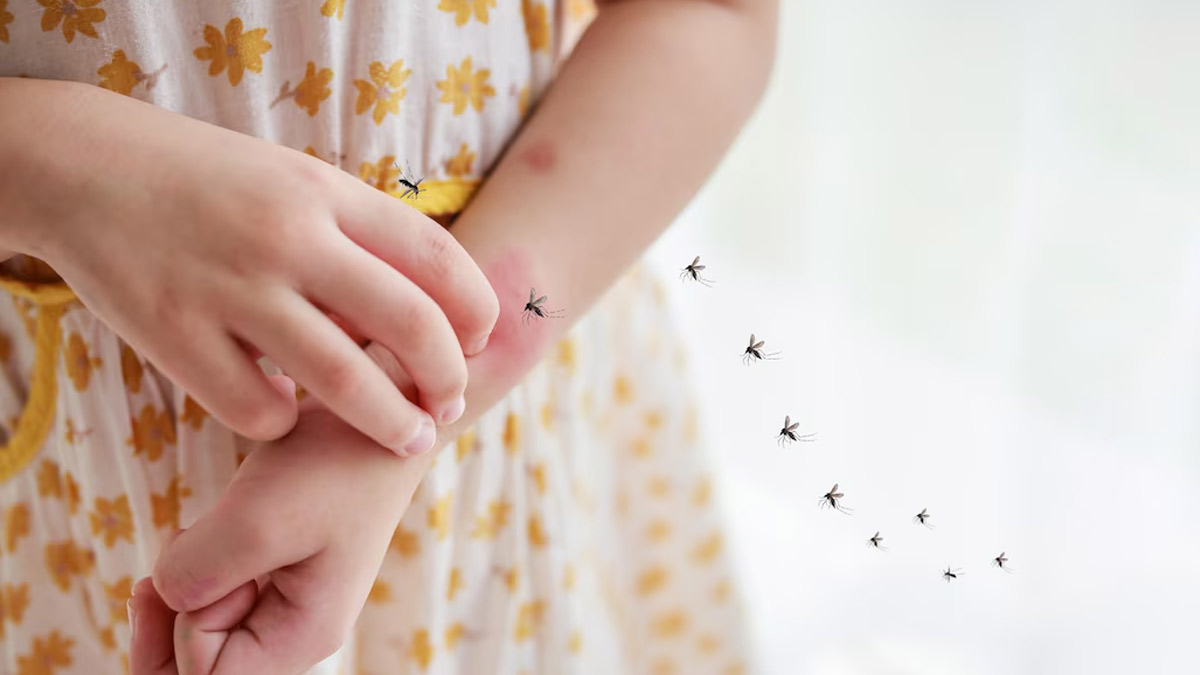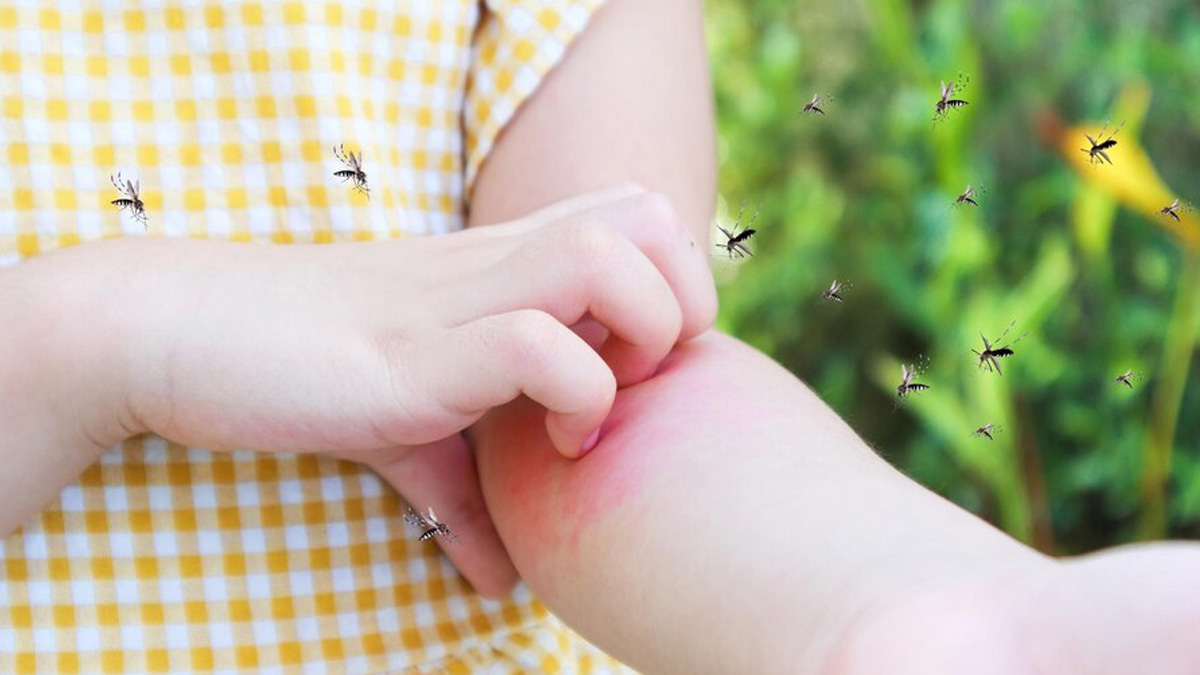
As the sweltering heat of summer is looming over us, it might seem like there will be fewer mosquitoes spreading diseases like dengue, Zika, and chikungunya because of the hot weather. However, this is not true, as summer months present optimal conditions for the breeding and proliferation of Aedes mosquitoes, the primary vectors for these debilitating diseases. We spoke to our expert Prasad Phadke, Founder and CEO, Eco BioTraps, who explained the importance of intensifying vector control in summer months.
Table of Content:-
Persistence of Aedes Mosquitoes

“Contrary to popular belief, Aedes mosquitoes don't disappear when temperatures rise. Under optimal conditions, their life cycle can be startlingly rapid, with eggs hatching into larvae in less than a day, leading to a new generation of disease-carrying adults in a matter of weeks”, said Phadke.
The Aedes mosquito's ability to lay eggs even in minimal water sources means that no stagnant puddle or forgotten container is safe from becoming a breeding ground, not even during the dry summer months.
According to a 2021 study, Rising temperatures are linked to higher mosquito survival, growth, and feeding rates, which extend the seasons during which the diseases they carry are transmitted.
Resilient Eggs and Proliferation
In addition to their rapid reproduction rate, it's essential to understand the resilience of Aedes mosquitoes' eggs. These resilient eggs can lie dormant in dry conditions for up to about nine months, patiently waiting for the return of favourable conditions to hatch. “This means that even during the scorching summer months, when water sources may seem scarce, these dormant eggs can spring to life when exposed to the slightest hint of moisture”, said Phadke.
Also Read: Dengue Alert! Natural Mosquito Repellents That Can Prevent Infections
Importance of Sustained Vector Control
The ability of Aedes eggs to survive for extended periods underscores the importance of sustained vector control efforts, even in the absence of apparent breeding sites. Neglecting vector control during the summer months can have far-reaching consequences, as dormant eggs can serve as a reservoir for future mosquito populations. Thus, proactive measures must be taken to disrupt the life cycle of Aedes mosquitoes and prevent the resurgence of disease-carrying populations.
Holistic Approach to Prevention
By incorporating this understanding into our vector control strategies, we can adopt a more holistic approach to mosquito-borne disease prevention. Rather than focusing solely on eliminating active breeding sites, we must also target dormant eggs to prevent future outbreaks. “This requires continuous surveillance, the use of innovative and eco-friendly solutions, and community engagement to identify and eliminate potential breeding grounds, both during the summer months and beyond”, highlighted Phadke.
Mitigating Transmission Risks

Notably, female Aedes mosquitoes require blood to develop their eggs, and with the summer months bringing people outdoors and increasing opportunities for mosquito bites, the risk of disease transmission remains significant.
Furthermore, the extrinsic incubation period, during which the virus replicates within the mosquito, is relatively short, meaning that infected mosquitoes can quickly become capable of transmitting diseases to humans.
Also Read: Ever Wondered Why Mosquitoes Seem to Prefer Some People? Mystery Behind Mosquito Attraction Busted
Climate Change Implications
“Climate change has disrupted traditional weather patterns, leading to unseasonal rainfall during the summer months. This unpredictable weather creates ideal breeding conditions for mosquitoes, exacerbating the risk of disease outbreaks”, said Phadke. With stagnant water pooling in unexpected places, such as discarded tyres, clogged gutters, and neglected flowerpots, the potential for mosquito breeding skyrockets.
Innovative Solutions and Community Engagement
In light of these factors, it's imperative to adopt innovative strategies to break the cycle of mosquito breeding during the summer months. “Traditional methods of vector control, such as fogging and larviciding will not suffice; we have been employing these methods for centuries now to no avail. We must think about using innovative solutions complemented by community engagement initiatives aimed at eliminating potential breeding sites in and around homes, schools, and workplaces”, said Phadke.
Bottomline
Phadke concluded, “The notion that mosquitoes magically disappear in the summer months is a dangerous misconception that undermines efforts to combat mosquito-borne diseases. Intensifying vector control measures during the summer is not only prudent but necessary to prevent outbreaks and protect public health.”
[Disclaimer: This article contains information provided by an expert and is for informational purposes only. Hence, we advise you to consult your expert if you notice any health issues to get the necessary treatment.]
Also watch this video
How we keep this article up to date:
We work with experts and keep a close eye on the latest in health and wellness. Whenever there is a new research or helpful information, we update our articles with accurate and useful advice.
Current Version
